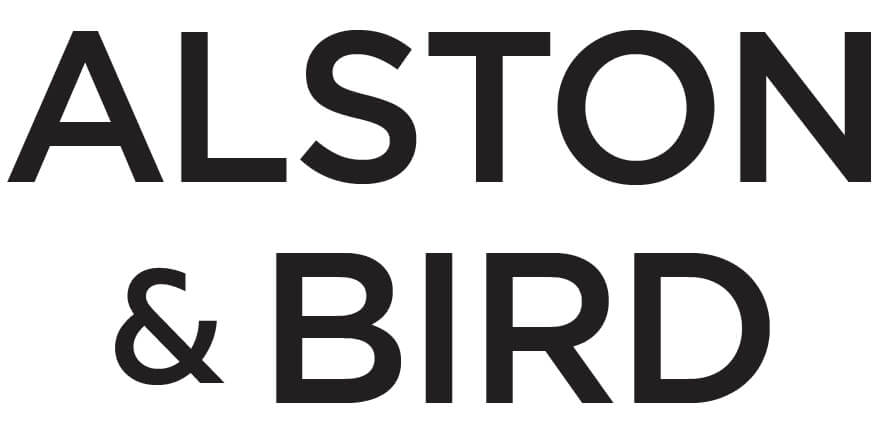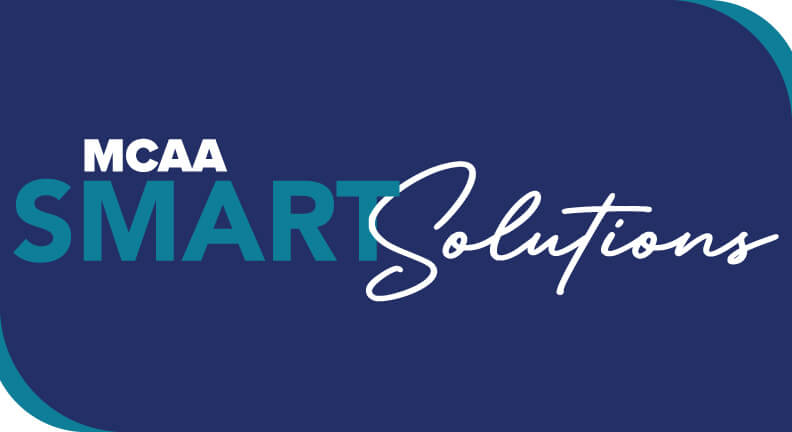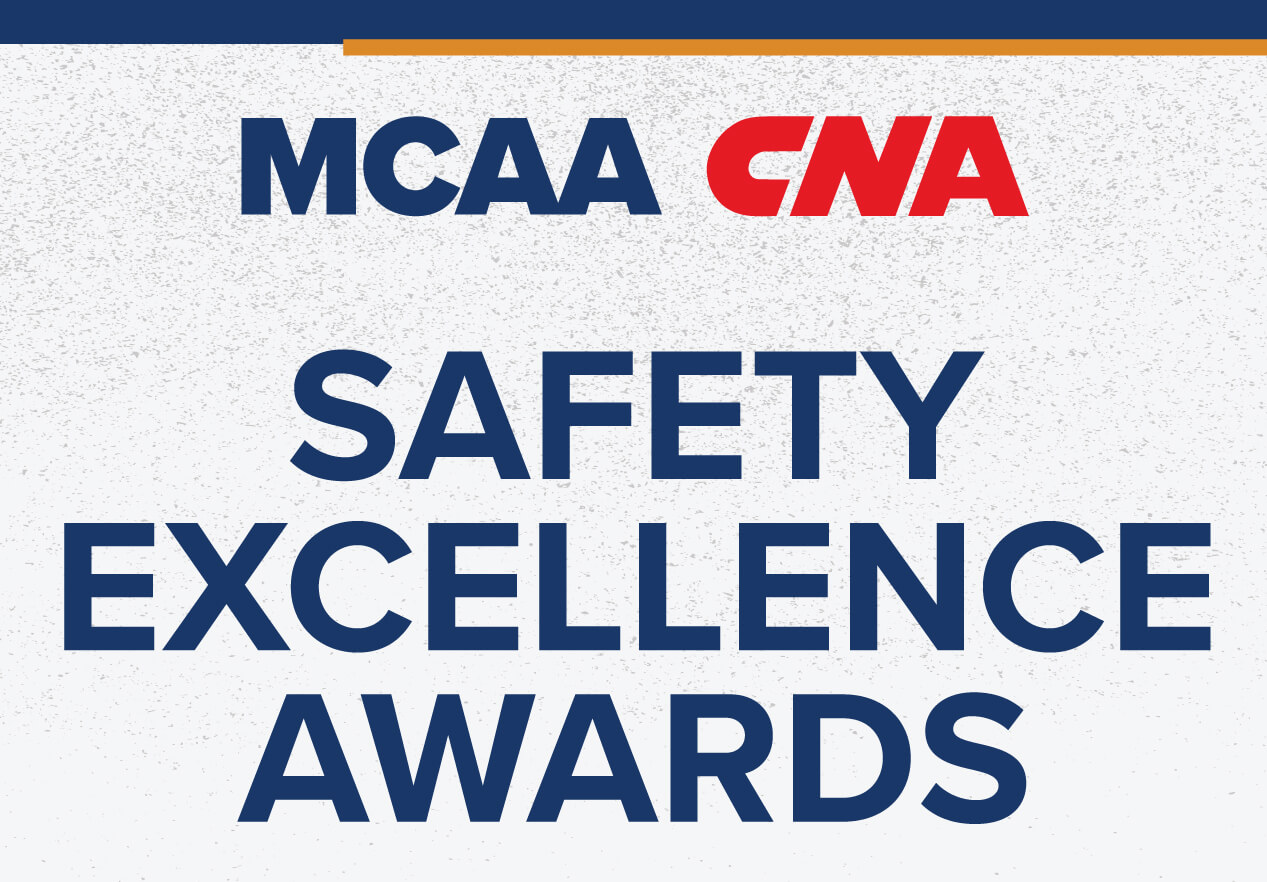
A number of important announcements are expected very soon for COVID-19 vaccines. The FDA is currently reviewing requests from Pfizer/BioNTech and Moderna for emergency use authorization (EUA), and the FDA’s Vaccines and Related Biological Products Advisory Committee (VRBPAC) is scheduled to discuss the Pfizer/BioNTech request on December 10 and the Moderna request on December 17. Congress is contemplating potential legislation that could assist states with vaccine distribution and administration. The Advisory Committee on Immunization Practices (ACIP), a group established by the Centers for Disease Control and Prevention (CDC), met on December 1, 2020 and offered recommendations on priority groups for vaccination. Meanwhile, questions abound about how each particular state will distribute and administer the vaccine, including how to handle logistics, cold storage, and staffing.
As we wait for important COVID-19 vaccine information, what proactive steps can businesses take now?
- Review and revise your policies as needed. Do you have a policy addressing vaccines for employees? Does the policy require or merely recommend that employees get certain vaccines? Does it address religious or medical objections and accommodation requests? Does your policy only apply to certain enumerated types of vaccines, such as the flu? Update your policies to include the possibility of a COVID-19 vaccine and include a process for employees to request reasonable accommodations for religious or medical reasons. Have you also considered whether COVID-19 vaccines at your business will be presented as mandatory or recommended, and have you thought through employee relations issues that may arise?
- Closely track and monitor recommendations on prioritization for vaccines, including for critical infrastructure businesses. At present, there are many unknowns about how the vaccine will be prioritized. On December 1, 2020, the ACIP recommended that “health care personnel” and “residents of long-term care facilities” (as those terms are defined) be included in the first phase for distribution of vaccines. The ACIP has indicated that the next phased group are “essential workers.” These ACIP recommendations will be reviewed by the CDC, and individual states may also develop their own plans. Stay tuned for more developments from the ACIP, CDC, and possibly individual states.
- Consider a process and point of contact for employees who have questions about the COVID-19 vaccine. Rather than having a tidal wave of phone calls and emails to Human Resources, consider who is the best person to serve as a central point of contact to receive questions and issue updates to employees. Once that person is identified, inform employees who they should contact with their questions and concerns. Also consider what person should receive and process requests and objections by employees who do not wish to receive the COVID-19 vaccine.
- Determine whether information about employees’ COVID-19 vaccination status could be employer work safety information or information created/maintained on behalf of a health plan (and thus covered by HIPAA’s privacy requirements). Consider whether such information is covered by HIPAA obligations (e.g., is it administered through your health plan) or whether HIPAA’s employer exception could possibly apply to information obtained outside of the group health plan.
- Ensure compliance with ACA requirements that apply to COVID-19 vaccinations. Federal law generally requires ACA-covered group health plans to cover COVID-19 vaccinations and other qualifying COVID-19 preventive services without participant cost-sharing. The rules for coverage of COVID-19 preventive services are stricter than the rules that apply to other preventive services. For example, vaccinations must be covered by the plan without cost-sharing within 15 business days after recommended by the CDC and regardless of whether the vaccine is administered by an out-of-network provider. In addition to HIPAA privacy requirements that apply, employers need to be familiar with these new ACA preventive care requirements as they consider how to make vaccinations available.
- Even if information about employees’ COVID-19 vaccination status is not covered by HIPAA in your particular business, consider how to store such individual information privately and securely. Provide only limited access to such information, such as through role-based access or to a defined group of people on a need-to-know basis in order to perform their job duties. Consider the confidentiality provisions of the ADA as well as record retention obligations, such as possibly under the Occupational Safety and Health Act. Also, consider whether employees will be encouraged to receive the COVID-19 vaccine at specific third-party sites conducted by pharmacies or state public health authorities or anywhere the COVID-19 vaccine is available.
- As different vaccine phases of distribution and criteria are announced, how will your business identify those employees who are in certain priority groups identified by the government, such as ≥ 65 years or who have certain medical conditions? Is this an employer responsibility or is it the responsibility of individual employees who wish to receive the COVID-19 vaccine, separate and apart from the employment context? Watch for privacy considerations, including confidentiality obligations under the ADA. Consider the source of such information (e.g., a HIPAA covered health plan, an employer, or the individual employee volunteering that information).
- Watch your wording in employee and customer communications. If you seek to have employees receive the COVID-19 vaccine, can you market that your employees (especially in a public-facing business) are “immune” or “protected from COVID-19” or that customers who enter the store are now “at less risk” of contracting COVID-19? Carefully consider the legal ramifications of representations to employees and to the public, especially since information and vaccine data are rapidly evolving. In the meantime, continue to keep posted any signs on your business premises, based on your applicable state law, regarding COVID-19 protective measures and visitors’ assumption of risk.
- While we learn more about the availability and distribution of COVID-19 vaccines, don’t abandon current COVID-19 work safety practices at your business, including good hygiene, enhanced cleaning, social distancing (as feasible), and wearing masks (if you require masks at the workplace). A vaccine may be several months away for many individuals (especially those who are not in health care or critical infrastructure or do not meet certain age or health criteria). Even when a COVID-19 vaccine becomes available to your employees in a particular state, some individuals may have personal, medical, or religious objections and plan to decline receiving the vaccine. Plus, published ACIP slides from the December 1, 2020 discussion mention that measures to stop the possible spread, such as masks and social distancing, will still be needed after vaccination.
- There are more questions than answers right now, and much is unknown. We all look forward to learning more; for example, once the vaccines are rolled out to the general population, will we see the same level of protection that the vaccine companies have seen in their clinical trials? Will these vaccines give more protection to certain individuals than others? Also, even if an employee is considered fully vaccinated after two doses of the vaccine (the Pfizer/BioNTech and Moderna vaccines both require two doses, spaced weeks apart), how long will the vaccine provide protection? Will there be supply-chain issues that slow down the rollout and delay vaccinations?
Even though COVID-19 vaccine questions abound, there are proactive steps businesses can take now to review, assess, and prepare for upcoming COVID-19 vaccine issues.
Alston & Bird’s Coronavirus Response & Relief Team has assisted many businesses during the ongoing pandemic. They have also established a specific Coronavirus Vaccine Team across multiple practices to handle coronavirus vaccine issues. Please let them know if they can help, and we will continue to work to solve coronavirus issues together.




